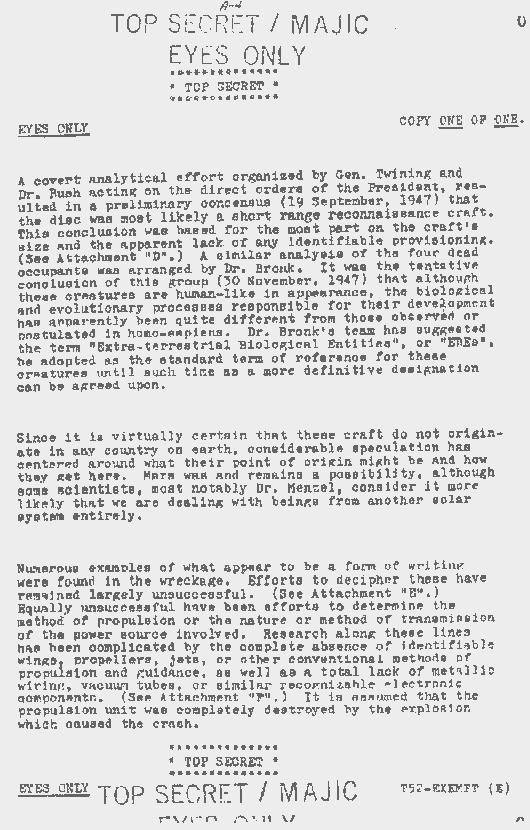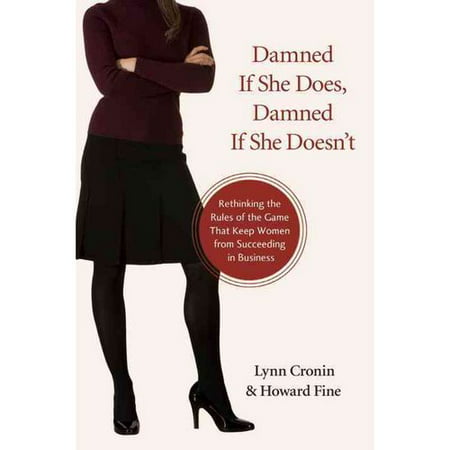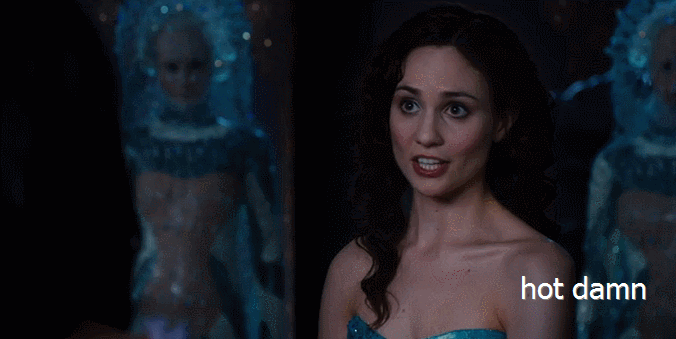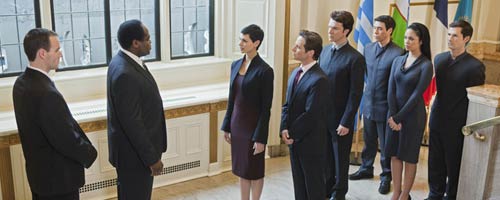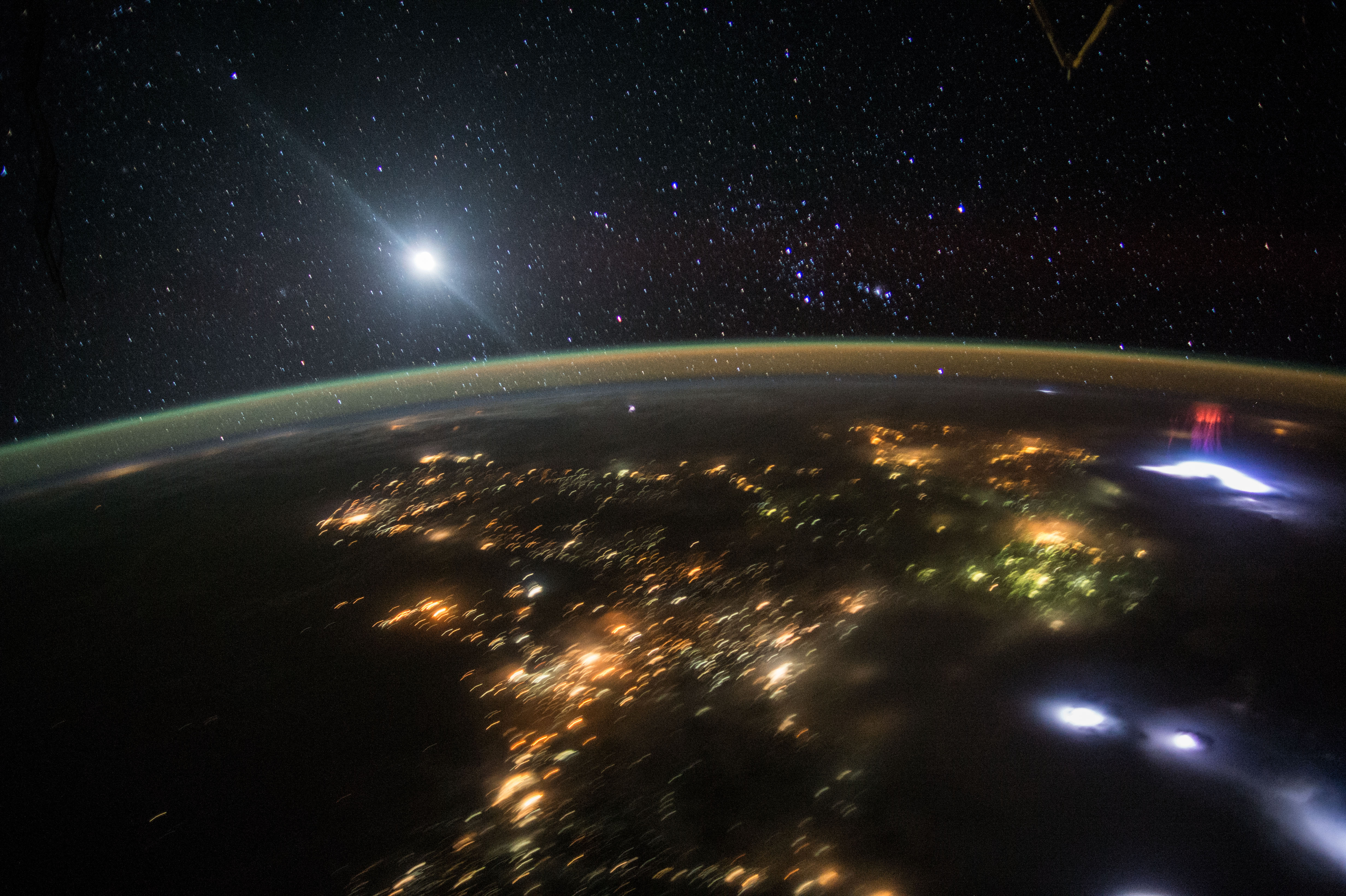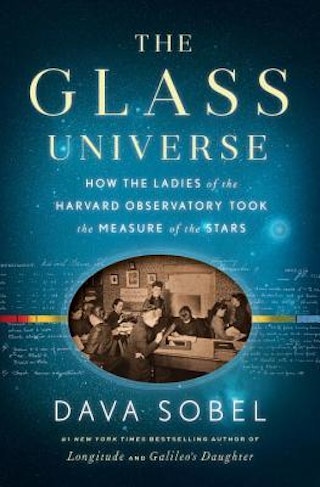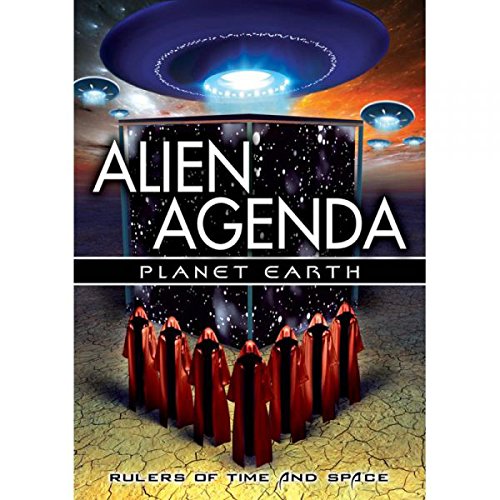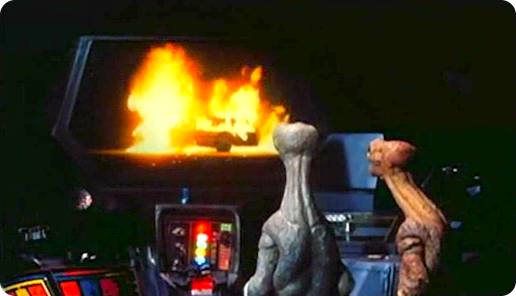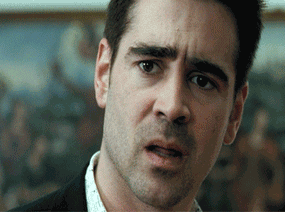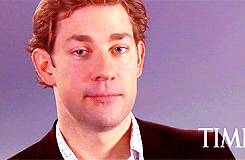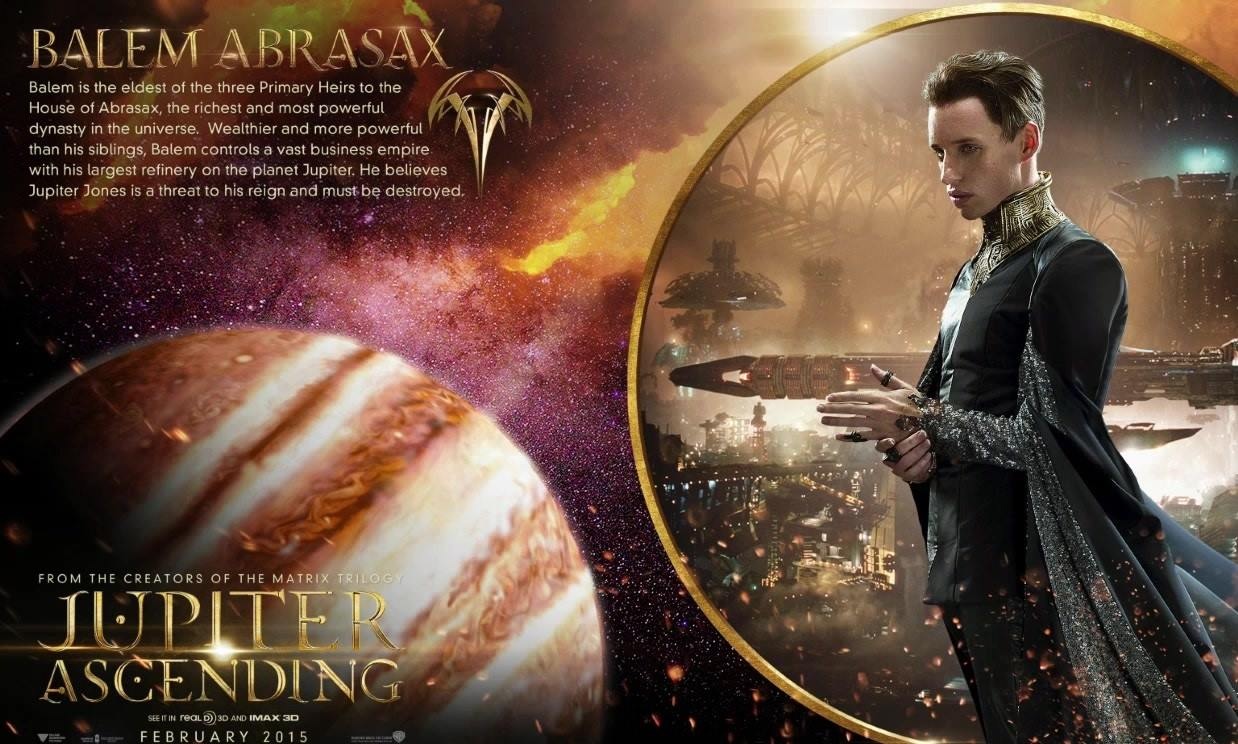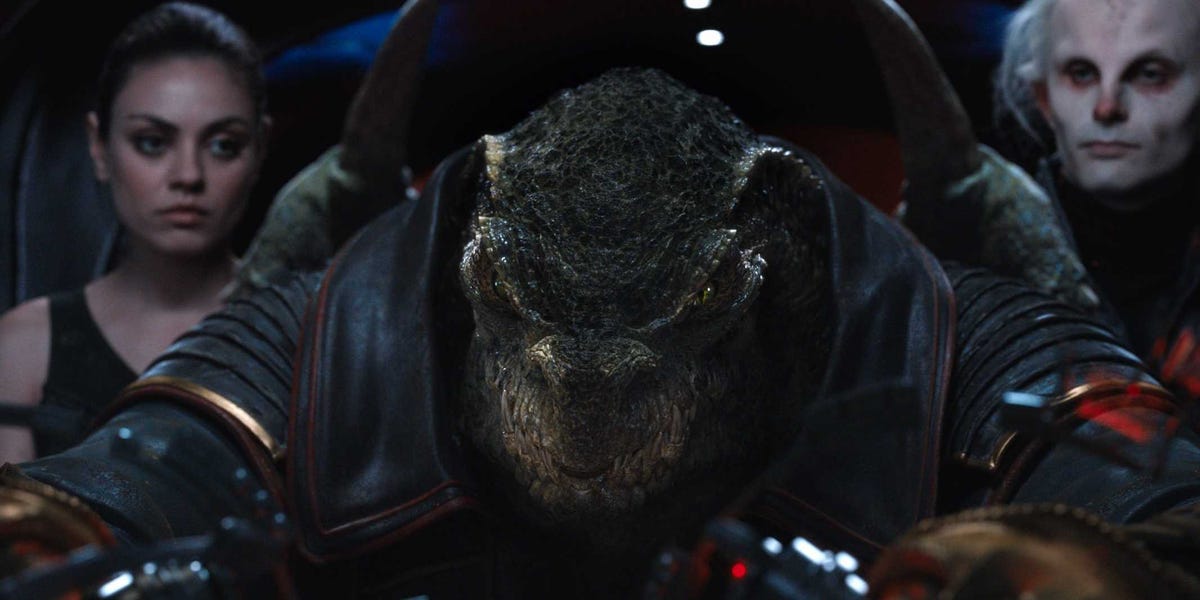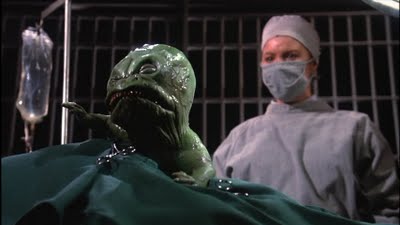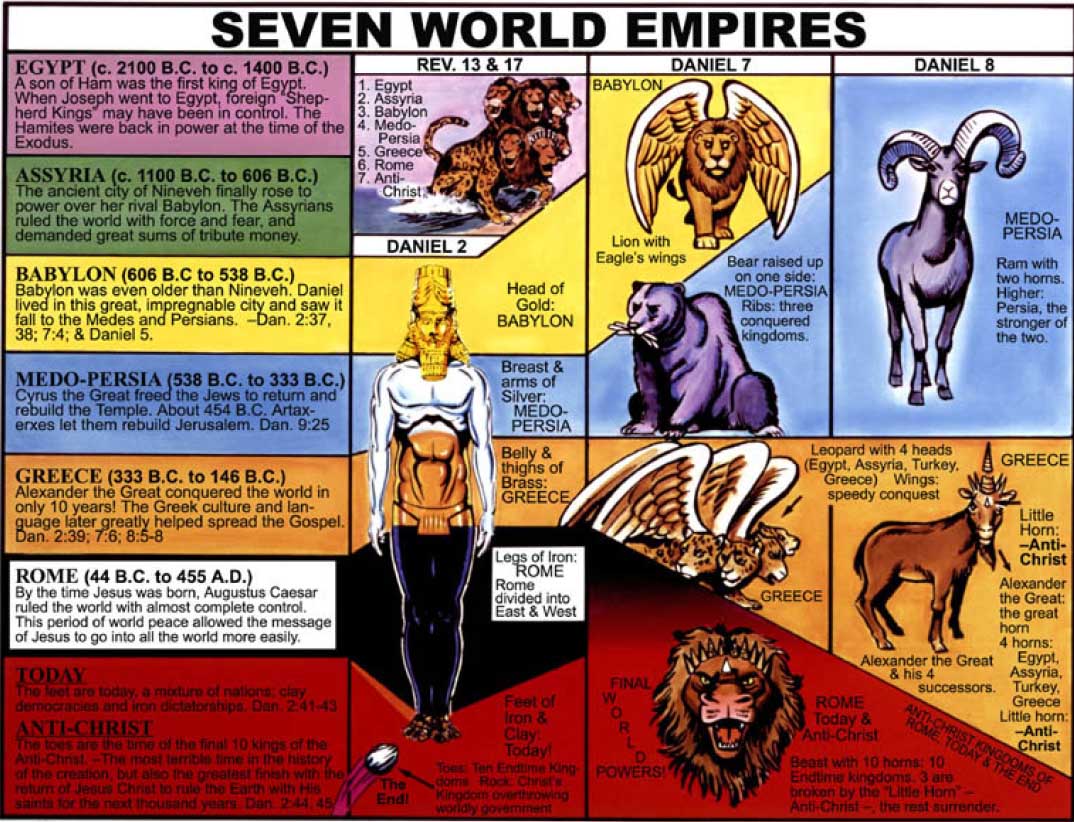




I continue to think that Biblical-Research should NOT be neglected by All-Concerned. Consider the following Two Biblical-Groups:
1. Genesis to Esther and Matthew to Acts. (Fundamentally Historical).
2. Job to Malachi and Romans to Revelation. (Fundamentally Theological).
The first group seems to be the most problematic, especially in light of modern scholarship and criticism. Consider the first group in light of the work of Ralph Ellis, Gerald Massey, Albert Schweitzer, Richard Carrier, John Dominic Crossan, et al. I have no idea what the real historical deal is, and I am NOT a scholar. I just think we should take a closer look. I'm sure the Jesuits know, but they usually don't talk. The Ancient Egyptian Deity said "I like Genesis" in a most peculiar way. Sherry Shriner said "Matthew is my favorite book of the Bible". Must we choose between these two groups?? Do they represent Two Covenants??
I would love to shadow the key players in this solar system as sort of a neutral observer. Is this sort of thinking a form of mental illness, or is it the proper way to think about solar system issues? Should I get all wrapped-up in the local political mudslinging, or should I mostly think of responsible principles and concepts relative to the politics, religion, psychology, and ethics of doing business in this solar system? I'm beginning to think in terms of an Anna or Kitesh version of the Queen of Heaven, who I think might be the chief administrator of this solar system. Again, is this a form of mental illness, or is this a reasonable modality of getting a handle on what's really going on? Is there a legitimate place for a Solar System Administrator? Would things be even more chaotic if none existed? I'm thinking that a Solar System Observer (or Observers) who had access to everyone and everything, with no authority, might be a good thing, but I don't really know. Thinking about all of this makes me shaky. Is anyone else thinking in this manner? I'm sure there are, but who are they? Where are they? What are they doing?
My speculations have been quite wild and vivid, to me at least, and I really don't know which way to jump. Is this a sign of instability, or is it simply due diligence? What do you think about all of this Goddess, Kali, Tibet, China, India, Persia, Queen of Heaven stuff? I really feel as though this is playing with fire, but I'm hoping that considering all of the possibilities will help to unite all factions in the solar system, in a constructive manner, which does not involve peace at any price, or any Trojan Horse scenarios. Many years ago, there was a TV show called 'Queen for a Day', and my grandmother was on it. Can you imagine being 'Queen of Heaven for a Day'?! Imagine someone travelling around the world on magneto-leviton trains, and interacting with most of the political, religious, scientific, business, and financial leaders of the world, each and every day. But it is unclear to me whether Earth is completely their show, or whether they are an administrator for, or are in conflict with, an even more powerful being, or group of beings. This, of course, is merely speculation. If I could prove this, I would cease to exist. I wouldn't have to wait for the rocks to fall on me.
One Nation Under Satan? In Goddess We Trust? Might M-42, Aldebaran, and Sirius be 'home' for most of us? Are we really the 'Orion Group' which Alex Collier refers to? Are our souls interdimensional reptilian in nature? Are all of us human/reptile hybrids with varying percentage differentials? Do most of us have a very low reptile percentage (reptilian brain + reptilian soul), greys an intermediate percentage, and reptilians a high percentage? Please don't laugh. This is just a wild theory. I tend to think that the Queen of Heaven has been conducting a hybridization program on Earth for thousands of years, starting in Tibet. Some of this is based upon a visit to Tibet by Nicholas Roerich, where he saw strange grey people, and learned of a 'Sovereign Queen of the Air' who had come to Tibet from Sirius to conduct hybridization experiments. Lucis Creator? I am obviously a fan of an organized decentralism solar system government. I'm thinking that a one world government or one solar system government has existed for thousands of years, and that whoever is in power (The Queen of Heaven?) wishes to remain in power, rather than gaining power. I think numerous states are an essential ingredient in a world government or solar system government, which maximizes responsible freedom over an extended time period.
I just watched The Matrix for the first-time (a couple of days ago), and I think I might've subsequently encountered at least one aspect of the Matrix Oracle!! She said "I'll help you!" I said "I need all the help I can get!" She said "That's for sure!" Honest. I've repeatedly touched upon this, but I seem to be fascinated by a certain personality-type, especially in black-women!! Consider the Oracle in The Matrix, Kate in East of Eden, Rachel Constantine in Contact, Dr. Josephine Mataros in Earth: Final Conflict, Starbuck's mother in Battlestar Galactica, Sherry Shriner, Gabriel in Constantine, et al. Once, at the Crystal Cathedral, I noticed a very smart and distinguished black-woman after a service, and I overheard one choir-member say to another "Is that her? Yes!! That's her!!" One of these choir-members had previously told me I was "in too deep"!! Years later, a man who I never talked to about theology, said "You're in too deep with theology"!! Another man once emphasized my theological-connection, even though I had never talked to him about theology!! Notice that the Oracle tells Neo that he seems to be waiting for another life!! Think about what I've said about being a completely ignorant fool in this life, but hoping to be some sort of consultant in a cool-location in my next life!! This is probably insignificant, but it's sort of creepy to me!!
Think long and hard about all of my posts on page 7 of this thread, and PLEASE Talk to Me About It!! BTW -- a Catholic organist once told me that a priest had privately asked her, "What if God is a Black Woman??" What Would the Black Madonna Say?? Once again, I need to stop. I've had nothing but trouble with my computers over the last few days. Was it something I said?? What if a Nefarious Matrix is a necessary evil?? What if a Nefarious Mediatrix is a necessary evil?? What if the God of This World MUST be a bad@ss?? Should we simply have the God of This Universe instead of a God of This World?? How might this question relate to Our Father, Who Art in Heaven?? Think long and hard about the Substitutionary-Atonement, and Christ as Priest and Mediator in the Heavenly-Sanctuary. I could say a lot more, but I'd rather not. Not now. Some of us should probably read (straight-through, over and over) volumes 1 to 7 of The SDA Bible Commentary (Genesis to Revelation) while listening to the complete-works of J.S. Bach. This really isn't a marketable job-skill, but it might be more important than any of us can imagine.
I was born in the Glendale Adventist Medical Center. The wife of R.R. Beitz was a nurse in the delivery-room when I emerged into a cold and cruel world. In high-school, I discussed "Homeostasis" with a Medical Doctor (in one of the waiting-rooms) at the Glendale Adventist Medical Center. In my twenties, in the Loma Linda University Medical Center, I told a Medical Doctor that "God has a nasty job, but somebody has to do it!!" I thought he was going to call "Security"!! I'm simply attempting to understand the so-called "Great Controversy Between Christ and Satan in the Conflict of the Ages" in an Alternative-Research and Science-Fictional Context. But this has just about completely-destroyed me. Faith can equal Delusion. Facing-Reality can equal Losing One's Faith. Perhaps Positive-Thinking in the Context of Possibility-Thinking is a Middle-Way or Happy-Medium. What Would Dr. Robert H. Schuller Say?? What Would Seymour Cray Say?? What Would Mr. Edgars Say?? What Would Sherry Shriner Say?? What Would Brother Rich Say?? What Would Edgar Mitchell Say?? What Would Mitchell Say?? What Would Sister Angie Say?? What Would the Humble Janitor Say?? What Would Anchor Say?? What Would Anubis Do?? What Would Cicero, Cleopatra, Mark Antony, Virgil, Horace, Ovid, King David, King Solomon, the Queen of Sheba, Bull, Ram, Enlil, Enki, Christ, Antichrist, Ra, Anti-Ra, the Tokra, the Lamb Slain from the Foundation of the World, HAL 9000, Gabriel, Michael, Lucifer, the God of This World, the Queen of Heaven, Josephus, Lord Ba'al, Kitesh, Vala Mal Doran, John Sheridan, Anna Sheridan, Delenn, Anna and the V's, Ellen Goa'uld White, the Piso Family, and the Apostle Paul Say??
Last night, in the "privacy" of my own home, I spoke out-loud about the possibility of souls interfacing with supercomputers, and my vision immediately became extremely blurred. I kept repeating "In the Name of Jesus Christ, and with the Power of the Holy Spirit, I rebuke you Satan!!" Normal vision gradually returned. Was this coincidental or intentional. I don't know, but it was sort of creepy. I obviously need to stop. In ten-years, I'll probably be babbling to myself in a secret-government nut-house (instead of babbling to myself in my car). I'm going to try to just post those WSJ editorials. I just received an official-warning, telling me this website is unsafe!! I've known THAT for YEARS!! Namaste, Godspeed, Mea Culpa, and Geronimo.


.jpg)


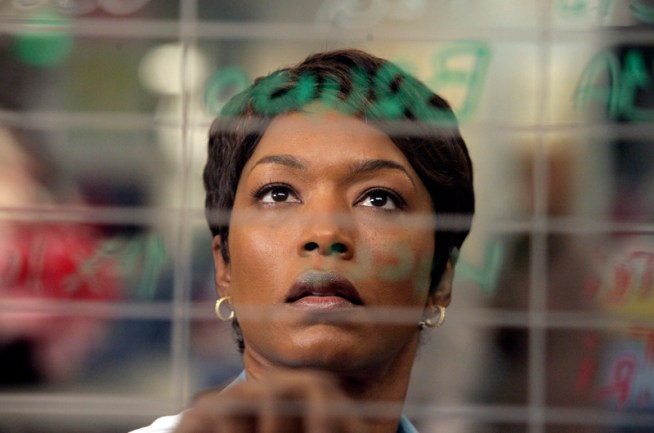


http://www.wsj.com/articles/clicking-our-way-to-the-grave-1476916500
Clicking Our Way to the Grave
By Steven Levy
Oct. 19, 2016 6:35 p.m. ET
A hallmark of our hyper-connected age is that while our ability to concentrate is at a scary low, the machinery constructed to seize our attention has gone nuclear. Every day we willingly tumble into rabbit holes of triviality, clicking on celebrity prom pictures, watching best-forgotten YouTube videos and feeling bad because our friends’ Facebook profiles portray lives more glamorous than ours.
In “The Attention Merchants,” Tim Wu casts this phenomenon not as merely an accumulation of distractions but as an intentional and meretricious diversion. He identifies us as victims of a slow-motion crime, a more-than-century-long hijacking of our inner lives by commercial interests that began in 1833. That was when a 23-year-old printer named Benjamin Day invented the modern newspaper by using low prices and salacious content to build circulation—then packaging his audience to advertisers. That business model has adapted to every technological advance since the printing press: radio, television and, most devastatingly, the internet. In the process, commercial promotion has penetrated into every corner of society; Mr. Wu begins with an account of a California school district that raised money by opening its doors to advertising targeted at the captive audience within.
Mr. Wu, who is known for coining the term “net neutrality” and is the author of “The Master Switch,” a book about technology monopolies, has a definite point of view on this matter: He hates it. But instead of bludgeoning us with data and diatribes, he deploys a series of capsule histories. We meet Jules Chéret, who in the 1860s plastered the once pristine edifices of Paris with eye-catching posters; Lord Kitchener, who helped win World War I by packaging patriotic messages to recruit British youth; Claude Hopkins, whose pitches for patent medicines in the 1890s led to a methodology of “scientific advertising” designed to create needs where none existed; and Walter Templin, the toothpaste executive who used a Pepsodent-sponsored radio series (“Amos ’n’ Andy”) to drive advertising deep into American living rooms.
Though many of Mr. Wu’s characters in the first half of the book are fascinating, to our jaded ears their activities are not particularly shocking. It’s nice to know that snake-oil salesmen actually sold snake oil but not terribly surprising. As lifelong media observers, we already know that advertising shaped network television, and we may have even read one of the many previous accounts (notably by David Halberstam) of the rivalry between NBC’s technophile David Sarnoff and CBS’s patrician marketer Bill Paley. Most of us have already figured out that People Magazine, Oprah and reality TV have raised the stakes in what Mr. Wu calls the Celebrity-Industrial Complex. One reads those pages waiting for the good stuff to show up—the internet, where attention merchants really captured our brains.
Sure enough, Mr. Wu unveils an online rogue’s gallery that includes Steve Case, Larry Page, Mark Zuckerberg and Jonah Peretti, co-founder of the Huffington Post and his Frankenstein monster of clickbait, BuzzFeed. Mr. Wu is best when analyzing how the internet has taken the attention wars to a new level of sophistication, with machine-learning algorithms, tracking cookies and listicles, culminating in his citation of a scientist who laments: “The best minds of my generation are thinking about how to make people click ads.” Mr. Wu is particularly harsh on the Huffington Post, which, he concludes, was never meant to be a business, “just a giant vacuum sucking up human attention.”
In short, Mr. Wu thinks we blew it—he believes there was an opportunity lost early on when the internet went commercial instead of becoming a PBS-style public service. It’s tough to see how the Net would have come to occupy its current essential role in our lives if that had happened. But maybe that’s his point.
Still, Mr. Wu isn’t totally pessimistic. He believes that the war on our consciousness is somewhat cyclical; when attention merchants get emboldened by their success, they overreach, and outraged consumers and regulators push back. The 1950s game-show scandals—created by producers who understood that rigging contests produced maximum drama—led to reforms. The social movements of the 1960s, as Mr. Wu sees it, were a reaction against commercialism. Thus Timothy Leary, the Harvard proponent of LSD, becomes one of the characters in Mr. Wu’s saga, urging people to “turn on, tune in, drop out.”
More recently, viewers are choosing to watch television on Netflix and other services that eschew advertisements. Yet those reversals seem only temporary, because, to Mr. Wu’s dismay, advertising remains the default business model. Internet moguls are perpetuators of Benjamin Day’s original sin—a business whose product is not the content but the audience. Google and Facebook would presumably argue that they are delivering genuine value to their users, but Mr. Wu will hear none of that.
Only as his tale concludes does Mr. Wu suggest strategies to thwart this trespass on our senses. His solutions, however, are vague and implausible. Can you really imagine a voluntary “human reclamation project” beating back the furies of Madison Avenue, Silicon Valley and Wall Street? As Mr. Wu himself notes, commercial interests are all too adept at co-opting such revolutions. “The game is never lost, only awaiting the next spin of the wheel,” he writes. “As a mode of production, capitalism is a perfect chameleon; it has no disabling convictions but profit and so can cater to any desire, even those inimical to it.” Even Leary’s famous slogan wound up in a commercial for Squirt, a carbonated grapefruit beverage.
Mr. Wu himself unconsciously provides a hint of how tempting it is to take advantage of a captive audience. Every so often—nine times, by my count—he refers us to his previous tome, “The Master Switch,” for further reading. He does not stuff those references in the back with the other sources but plants them as footnotes under the main text. It’s like a running product-promotion zipper at the bottom of the page.
He had our attention—so why not?
Mr. Levy is editor in chief of Backchannel and author of “In the Plex: How Google Works, Thinks, and Shapes Our Lives.”

Carol wrote:NOTICE...
COULDN'T ACCESS THE FORUM TODAY?
THIS MAY HAPPEN AGAIN TO THE LOCATION WHERE OUR SERVER IS LOCATED.
RELAX AND TRY BACK LATER. IT SEEMS TO LAST FOR A FEW HOURS,
THEN IS BACK UP AGAIN.
Massive DDoS Attack Incoming! Internet going down!
Massive DDOS Attack is underway. It's targeting all Level3 Communications
which host all the popular websites and services.
http://downdetector.com/status/level3/map/
mudra wrote:Vote all you want. The secret government won’t change.
The people we elect aren’t the ones calling the shots, says Tufts University’s Michael Glennon
The voters who put Barack Obama in office expected some big changes. From the NSA’s warrantless wiretapping to Guantanamo Bay to the Patriot Act, candidate Obama was a defender of civil liberties and privacy, promising a dramatically different approach from his predecessor.
But six years into his administration, the Obama version of national security looks almost indistinguishable from the one he inherited. Guantanamo Bay remains open. The NSA has, if anything, become more aggressive in monitoring Americans. Drone strikes have escalated. Most recently it was reported that the same president who won a Nobel Prize in part for promoting nuclear disarmament is spending up to $1 trillion modernizing and revitalizing America’s nuclear weapons.
Why did the face in the Oval Office change but the policies remain the same? Critics tend to focus on Obama himself, a leader who perhaps has shifted with politics to take a harder line. But Tufts University political scientist Michael J. Glennon has a more pessimistic answer: Obama couldn’t have changed policies much even if he tried.
Though it’s a bedrock American principle that citizens can steer their own government by electing new officials, Glennon suggests that in practice, much of our government no longer works that way. In a new book, “National Security and Double Government,” he catalogs the ways that the defense and national security apparatus is effectively self-governing, with virtually no accountability, transparency, or checks and balances of any kind. He uses the term “double government”: There’s the one we elect, and then there’s the one behind it, steering huge swaths of policy almost unchecked. Elected officials end up serving as mere cover for the real decisions made by the bureaucracy.
Glennon cites the example of Obama and his team being shocked and angry to discover upon taking office that the military gave them only two options for the war in Afghanistan: The United States could add more troops, or the United States could add a lot more troops. Hemmed in, Obama added 30,000 more troops.
Glennon’s critique sounds like an outsider’s take, even a radical one. In fact, he is the quintessential insider: He was legal counsel to the Senate Foreign Relations Committee and a consultant to various congressional committees, as well as to the State Department. “National Security and Double Government” comes favorably blurbed by former members of the Defense Department, State Department, White House, and even the CIA. And he’s not a conspiracy theorist: Rather, he sees the problem as one of “smart, hard-working, public-spirited people acting in good faith who are responding to systemic incentives”—without any meaningful oversight to rein them in.
How exactly has double government taken hold? And what can be done about it? Glennon spoke with Ideas from his office at Tufts’ Fletcher School of Law and Diplomacy. This interview has been condensed and edited.
read on:https://www.bostonglobe.com/ideas/2014/10/18/vote-all-you-want-the-secret-government-won-change/jVSkXrENQlu8vNcBfMn9sL/story.html
Love Always
mudra
I listen to each and every Sherry Shriner show, but I've never contributed, I'm not an Orgone-Warrior, I don't do Bible-Codes, and I never know when the truth ends and the bullshit begins on her shows. I think she is a Significant Individual of Interest, but I don't want to talk about it. The sad and scary thing about This Present Madness is that the more I learn, the more I wonder if a lot of the way things really work is somehow necessary, in some twisted and abstract sense?! I poke and prod at the way I think things might really work, but I never make a big deal out of it. Am I the bad-guy if I try to learn and reveal the truth? Am I the bad-guy if I look the other way? I suspect that the PTB will make sure I'm the bad-guy, no matter what I think, say, and do (or don't think, say, and do). As I've said so many times, I don't think this is a game I can win (in this particular incarnation). BTW -- I think I might've talked to Augur, from Earth: Final Conflict, but I didn't realize it until after he was gone!! He looked and acted like Augur, and he wore the same funny glasses as in the show!! I'll kick myself for the rest of my life!! Actually, I spoke with this individual again, and they wouldn't admit to being 'Augur', but they indicated that they had worked in show-business (including Star Trek), but that's all I'm going to say about that!

I was going to do some personal commentary within this thread, but I've sort of moved on. I think I've gotten myself in enough trouble already. My plan is to just post some editorials and book reviews. That will keep me somewhat visible on this site, without digging my grave even deeper than it already is. I honestly have some serious medical issues, but I don't wish to talk about them. This is going to keep me distracted for a while, which might be just as well. My Renegade Days are probably over. I'm not waving the white-flag, but I'm going somewhat incognito. I know I can't keep up, and I suspect that I'll be highly miserable for the rest of my life. The medical stuff probably contributes to this, but it probably isn't primarily responsible for it. I honestly don't think there's anything I can do about it, but once again, I don't want to talk about it. Just enjoy reading what I post. The featured authors are MUCH better writers than I'll ever be, so why should I bother writing what no one reads?? Actually, I might not post at all. Just subscribe to The Wall Street Journal, and read all of Section A, each and every day. Namaste.

Smuggling Truth Past the Censors
Yan Lianke’s burlesque of a nation driven insane by money is
equally a satire of some of the excesses of the Chinese Revolution.
By
Sam Sacks
There are many things you can’t write about in China. Anything that challenges the official accounts of Mao Zedong and other prominent Communist Party officials is forbidden. So, too, are works that touch on the Great Famine, the Cultural Revolution or the Tiananmen Square massacre. It’s equally forbidden to criticize the government’s human-rights record, its occupation of Tibet and its crackdowns on minorities. Books will even be pulled off the shelf because they’re judged to be deleterious to public morals. And since the Central Propaganda Department keeps its rules secret, there are surely countless other subjects and incitements considered off limits.
So how exactly is satire thriving in the country? What’s left to satirize? The answer is capitalism. Since China privatized its markets, and its economy began growing at breakneck speed, novelists have been free to excoriate the greed and corruption that the change has wrought. The best known of these satirists is the 2012 Nobel Laureate Mo Yan, who blends a gonzo magic realism with crude comedy to take on serious contemporary issues like industrial farming (“Pow!”) and the One Child Policy (“Frog”). But he is only the tip of the iceberg. Zhu Wen (“I Love Dollars”) and Yu Hua (“Brothers”) have also written lewd, chaotic and farcical send-ups of the culture of runaway materialism and the injustices of the wealth gap.
No contemporary satirist has had more experience with China’s censors than Yan Lianke. His first novel, “The Sun Goes Down,” was banned in 1994 due to its depiction of the People’s Liberation Army, and Mr. Yan was forced to write self-criticisms for six months. His 2005 work “Serve the People!,” about a bored army housewife during the Cultural Revolution who gets aroused by tearing up copies of Mao’s Little Red Book, was denounced by the Central Propaganda Department: “This novella slanders Mao Zedong, the army, and is overflowing with sex.” The certainty of censorship meant that his 2011 novel about the Great Leap Forward, “The Four Books,” couldn’t even find a publisher in mainland China, appearing only in Hong Kong and abroad. But when his works are published at home, they are wildly successful.
His latest, “The Explosion Chronicles,” was a best seller in China in 2013. Adopting the style of an ancient historical record (here in a lively translation by Carlos Rojas), it tells of the rise of Explosion from a tiny mountain village to a city rivaling Beijing. Leading the ascent is Explosion’s mayor Kong Mingliang and his wife Zhu Ying, children of rival clans who detest each other but understand the expediency of intermarriage. Kong made his fortune stealing from the cargo trains that pass through the village. Zhu is a wealthy brothel owner. With this background in crime and a governing approach centered on bribery and intimidation, they elevate Explosion to the status of town, then county seat, then world-bestriding metropolis.
This darkly absurd history trucks freely with the fantastic—the city’s airport is built in less than a week—but many of the more brazen events are taken straight from the news. Echoing widely reported military scandals, Kong buys his incompetent brother a high-ranking position in the army. Another chapter concerns a space-saving edict requiring that the dead be cremated rather than buried. It triggers a rash of suicides among the elderly who want to be traditionally buried before the law comes into force.
Mr. Yan’s burlesque of a nation driven insane by money is equally a satire of some of the excesses of the Chinese Revolution. Aspects of Explosion’s unchecked expansion tacitly reflect the transformations of the Great Leap Forward, from the mass confiscation of land—here it’s taken for roads and fancy houses rather than collectives—to the cult of personality that arises around Kong. Late in the book, he addresses a field of animals, demanding that they go somewhere else so that he can erect another building. Chinese readers will recognize in the ridiculous scene a parallel to Mao’s 1958 campaign against grain-eating sparrows and insects, which wrecked the country’s ecological balance. “I am Mayor Kong. Did you hear me when I said I wanted to immediately construct a building here?” he shouts. But as before, the natural world is unimpressed.
Compared to “The Explosion Chronicles,” Ge Fei’s “The Invisibility Cloak” (2012) is a model of reserve and understatement. Yet it too, in the stylish translation by Canaan Morse, is a sly and damning piece of work. The narrator is Mr. Cui, a curmudgeonly everyman who puts together bespoke sound equipment for Beijing’s nouveau riche. When Mr. Cui accepts a commission to help a client “acquire the highest quality sound system in the world,” he enters the orbit of a shadowy millionaire named Ding Caichen, who emanates distinct auras of violence and desperation.
Is Ding a mafioso or something even more dangerous? Mr. Cui doesn’t want to know, but the commission keeps entangling him in the man’s business, giving him cryptic and terrifying glimpses of the savagery beneath Beijing’s shiny veneer. Ge Fei craftily evokes taboo subjects. He pokes fun at old revolutionary opera songs like “Overthrow the American Imperialist Wolves.” When Mr. Cui demonstrates the sound system for his gangster client, he plays a record of Erik Satie, noting that “a lot of people secretly like his music” and that he was the teacher of Debussy. For Chinese readers this will conjure the episode during the Cultural Revolution when musicians were arrested and abused for defending Debussy’s music.
The book’s title refers to the rumor of a magical garment that allows one to walk around unseen. Mr. Cui dismisses the tale, but his own power is his ability to move inconspicuously through Beijing’s brutally competitive society, keeping “one eye closed and one eye open.” Ge Fei offers a wry example for Chinese novelists hoping to follow a more cautious path than Yan Lianke has: Don’t call attention to yourself; master the tools of allusion, metaphor and silence. In these ways the writer can smuggle vital truths past the censors.
Mr. Sacks writes the fiction chronicle in the Weekend Journal.
mudra wrote:When the Survivors of Atlantis Wake Up, p 1 - Mohenjo-daro and the Mycenae civilisation
https://www.youtube.com/watch?v=bk-o42NNQm4
Carbon Dating and the Stolen History - p 2 / When the Survivors of Atlantis Wake Up
newearth
https://www.youtube.com/watch?v=_2xUCyi727Y
When the Survivors of Atlantis Wake Up, p 1 - Mohenjo-daro and the Mycenae civilisation
The Really Old Books, Do We Have Any Left? - p 3 / When the Survivors of Atlantis Wake Up
https://www.youtube.com/watch?v=7KmQPcNwDww
The Truth about the Reformation and the Gregorian Calendar Tricks - p 4 / When the Survivors Wake Up
https://www.youtube.com/watch?v=214QYY6h4Sc
The Stolen History of All Religions - p 5 / When the Survivors of Atlantis Wake Up
https://www.youtube.com/watch?v=wfqSyFG3fMY
Love Always
mudra
orthodoxymoron wrote:I keep thinking that proper scholarly Biblical-Studies might be "practice" for dealing with the really-old and really-hidden historical-books. An Individual of Interest feels that we should exist without physicality of any sort. They speak of "fallen and sinful human-nature" which seems to imply that the Creator or Genetic-Engineer of Humanity is somehow responsible for Sin. What Would Azazel Say?? I think there must be a Better-Genesis hidden-away in some subterranean-channel, which might reveal the real-deal regarding the History of the Human-Being. I'd love to pursue this further, but my nervous-system just can't take it. Others will have to do the heavy-lifting in this area of research. I obviously want things to be better for all-concerned, but the lack of conversation regarding all of the above is really pathetic and negligent. I'm not told the real-story, yet I am held accountable for not knowing the seemingly unknowable. I can't make responsible determinations without the absolute-truth. Don't hold your breath, waiting for a definitive resolution of a seemingly ancient battle between disembodied-spirits and incarnated-physicality. I continue to believe that humanity is on the brink of extinction. Now is the time to get our facts straight. Tomorrow might be too late. I'm Sirius.
orthodoxymoron wrote:Sorry for the politically-incorrect whining and pontificating, but I've been modeling a certain personality and editorial-slant on this site, which I am certainly not in real-life. In reality, I'm just a stupid-dud, but online, I step into my Dr. Who Police Public Call-Box, and raise some internet-hell!! Fortunately, my cyber-experiment is pretty-much over, and the real private-research is just beginning, but I doubt that I'll talk about the results (online or in real-life). This is sort of like the guy who gets a bar-fight going, and then leaves the bar, as everything goes to hell!! What if that's sort of what happened in the Ancient Garden of Eden?? What if most of us are Ancient-Aliens who got involved in a Galactic Bar-Room Brawl??



Secret-Entrance to 600 Square-Foot Office-Apartment!!
(It's Bigger On the Inside Than It Is On the Outside!!)



















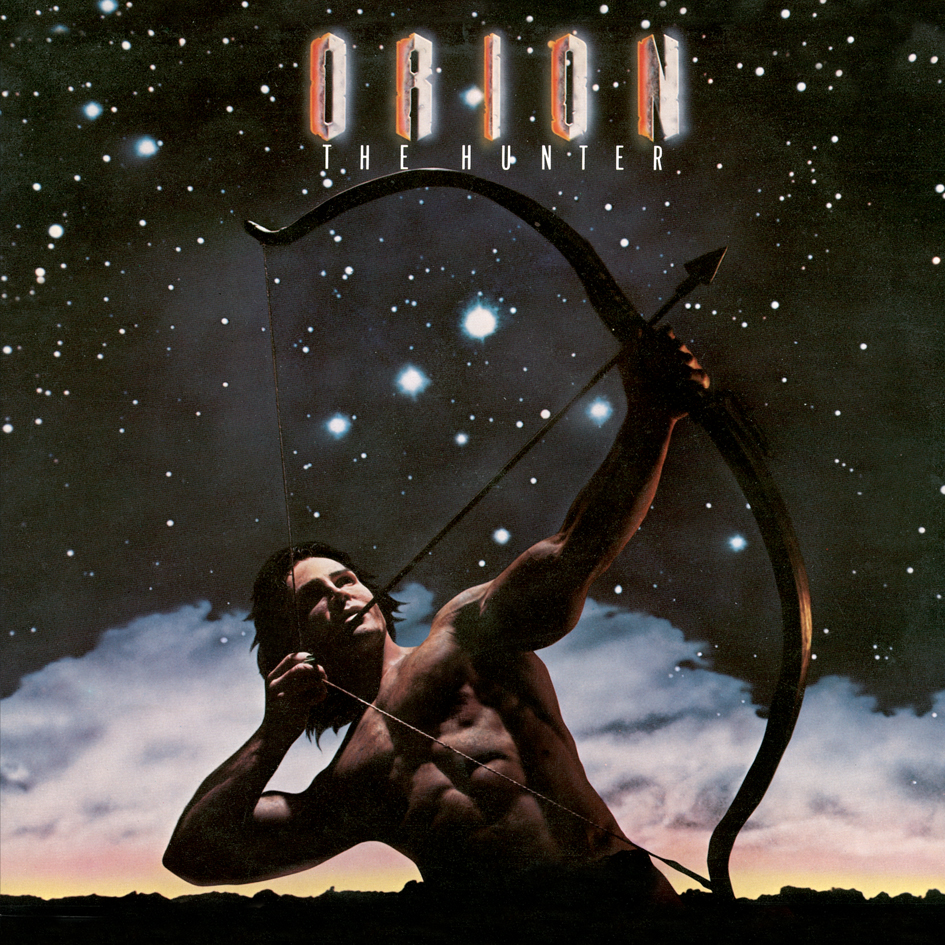










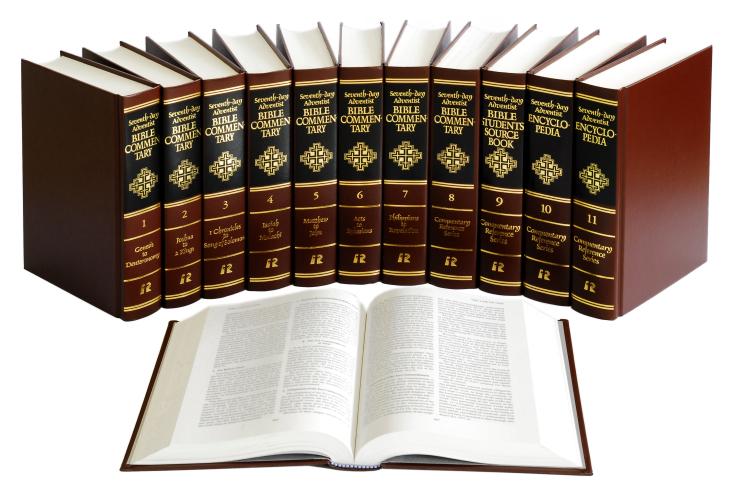




















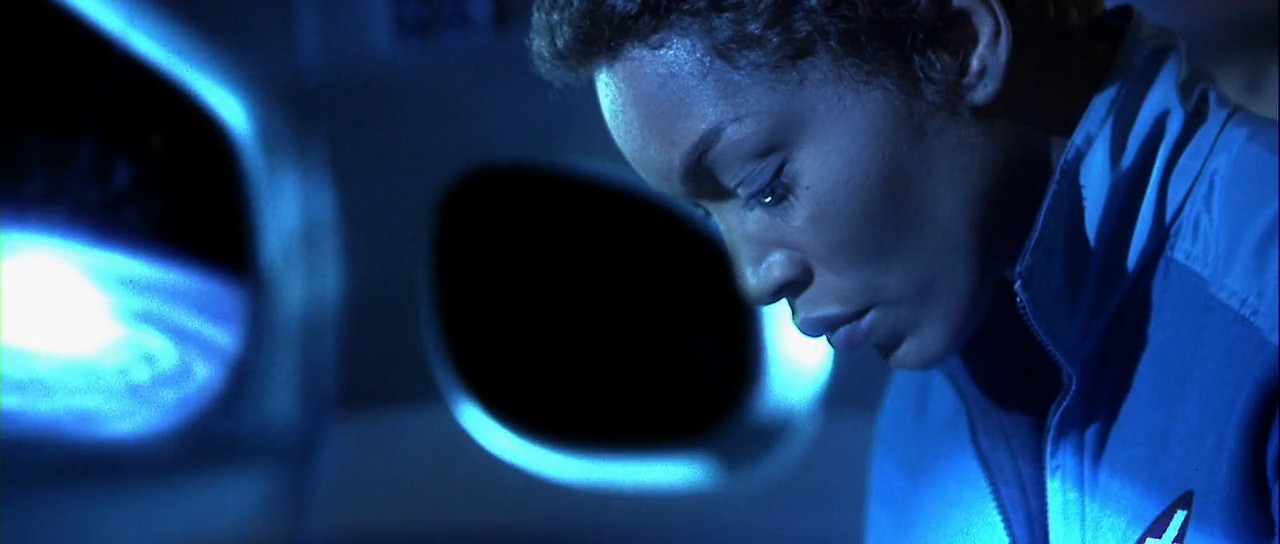



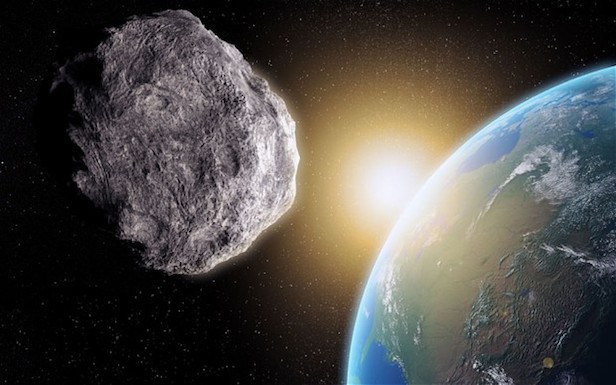
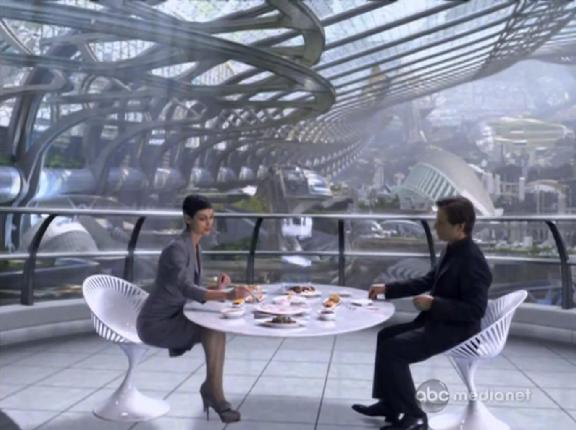

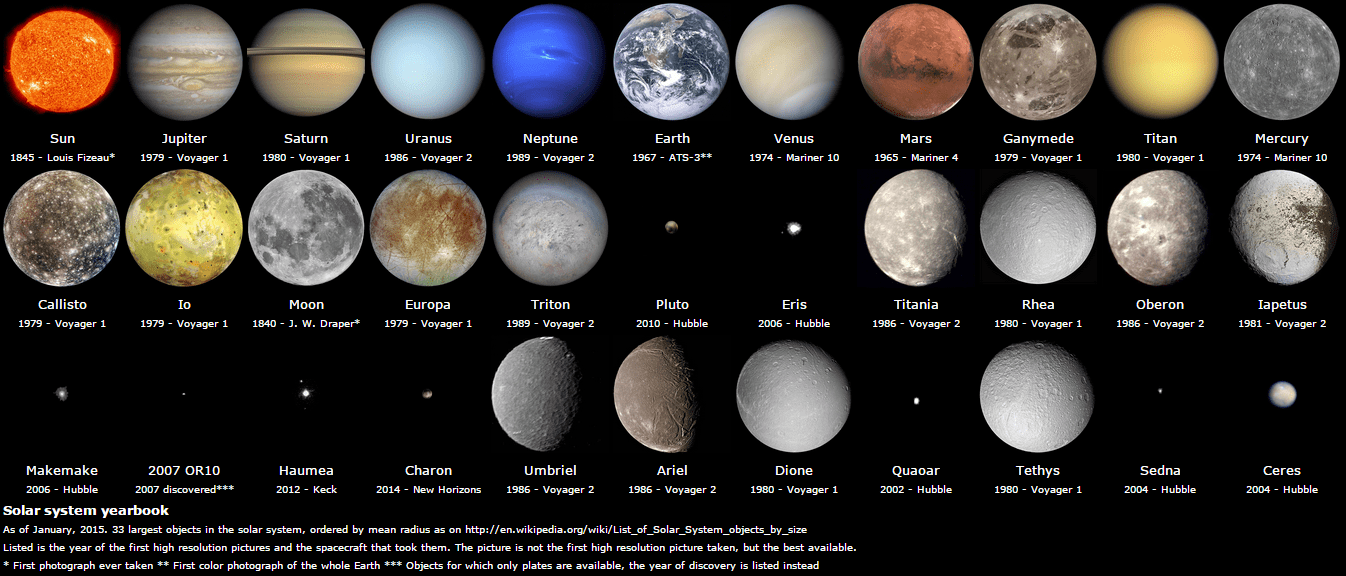

















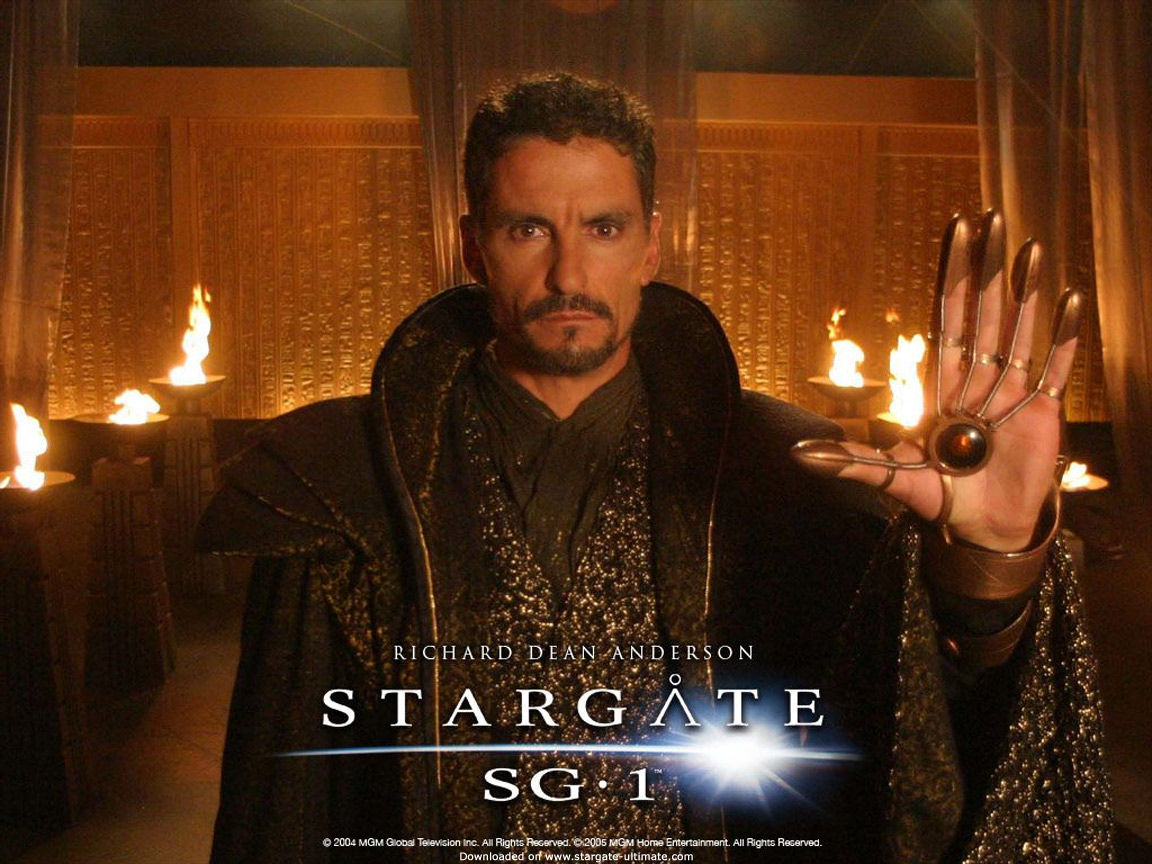
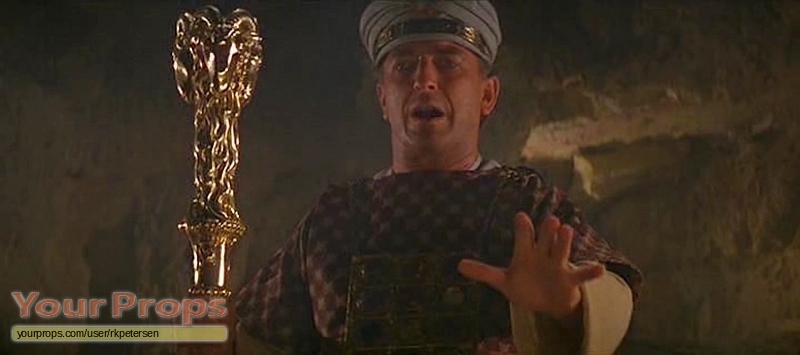









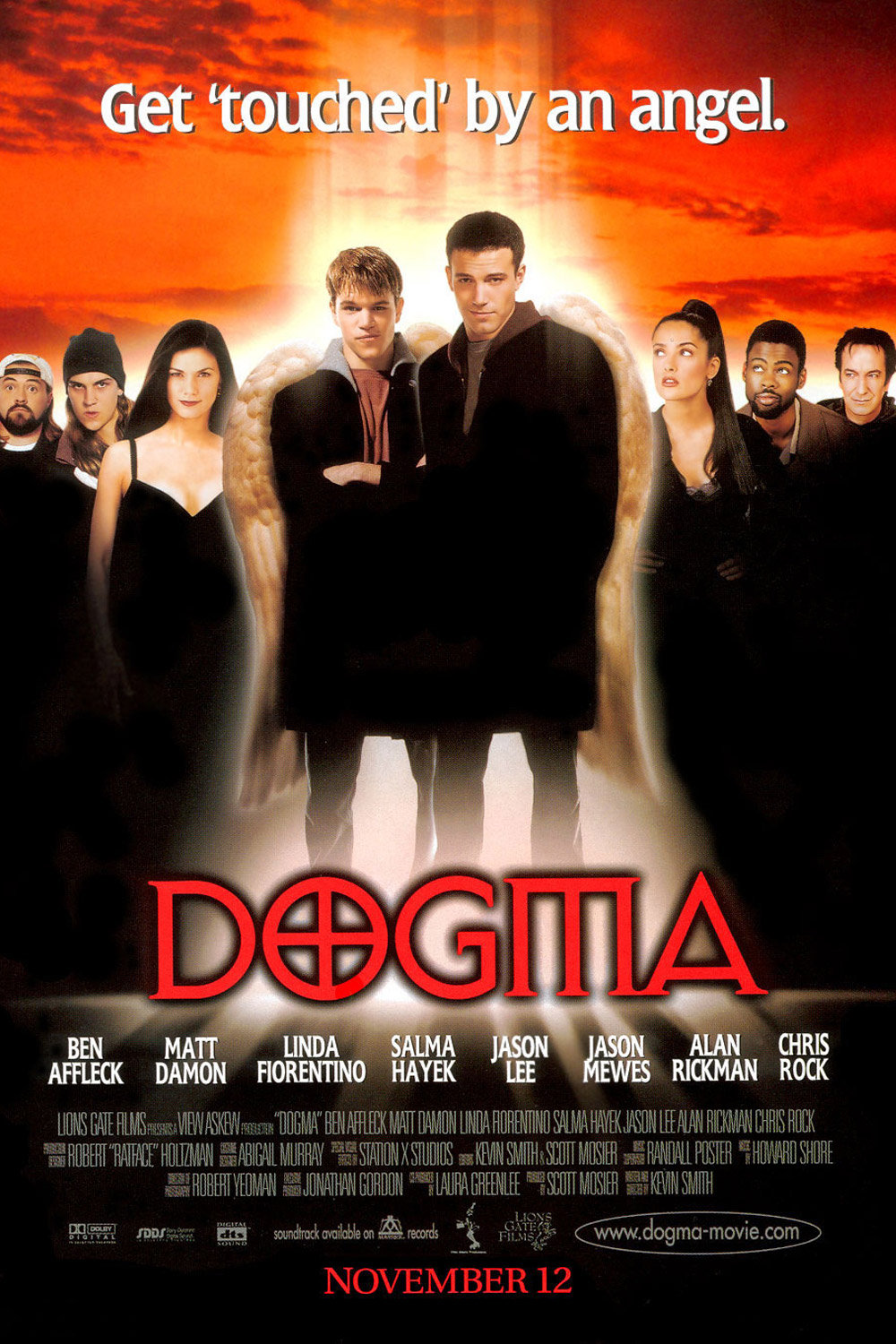













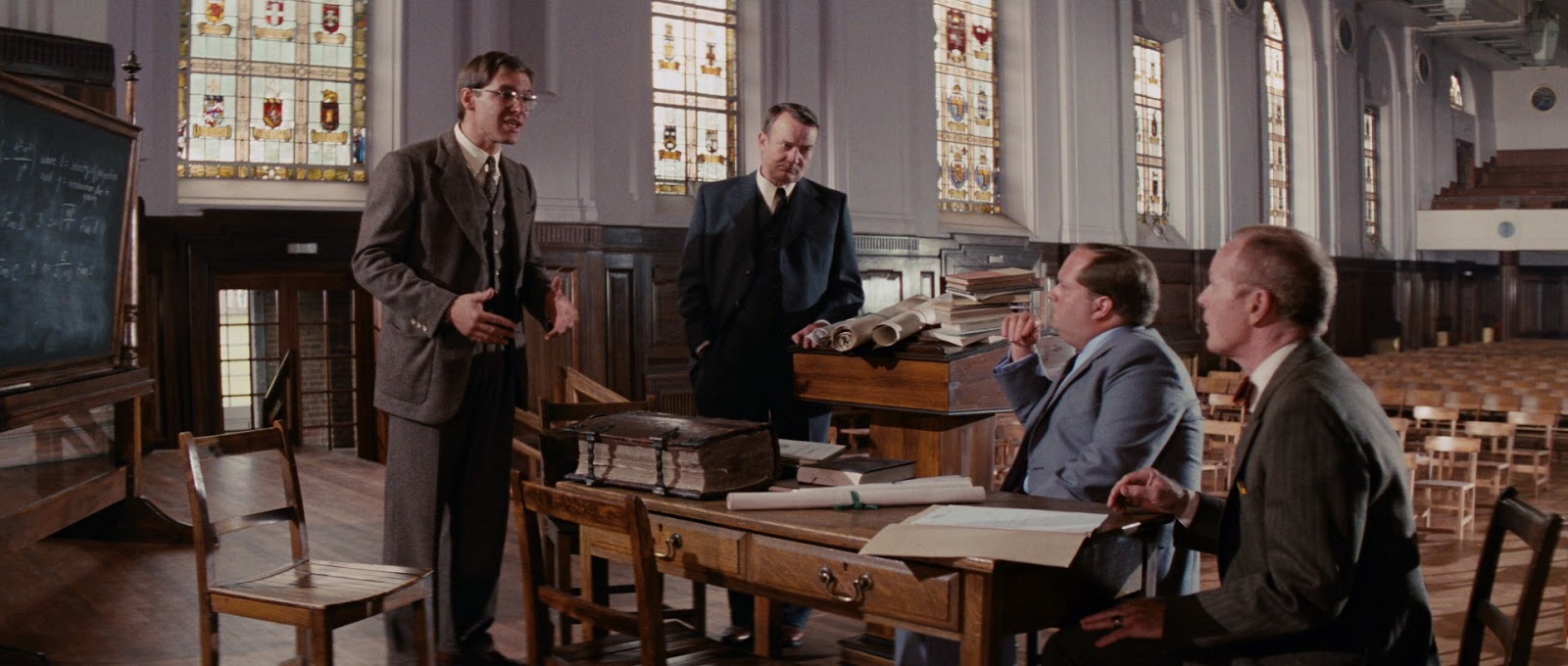




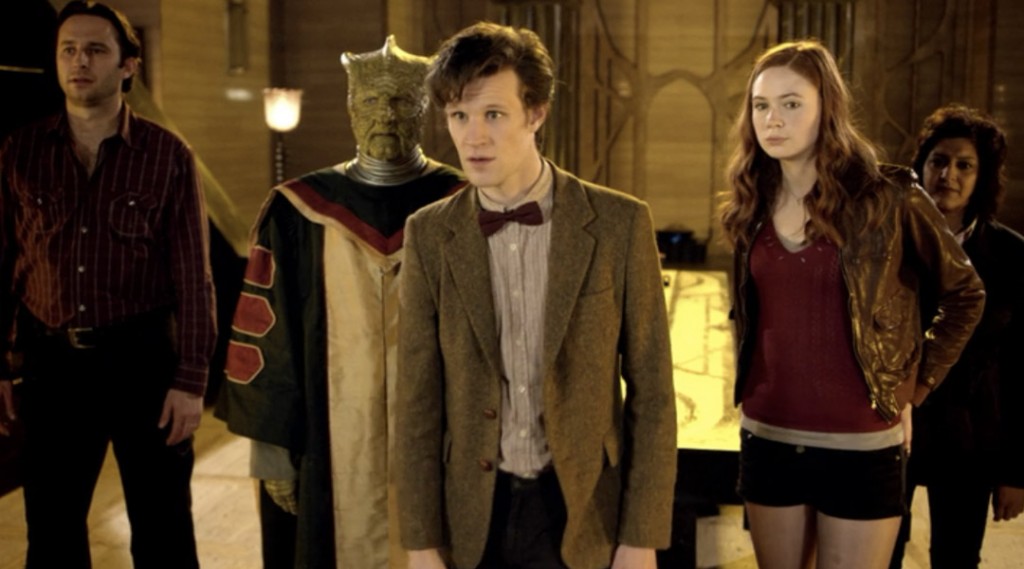

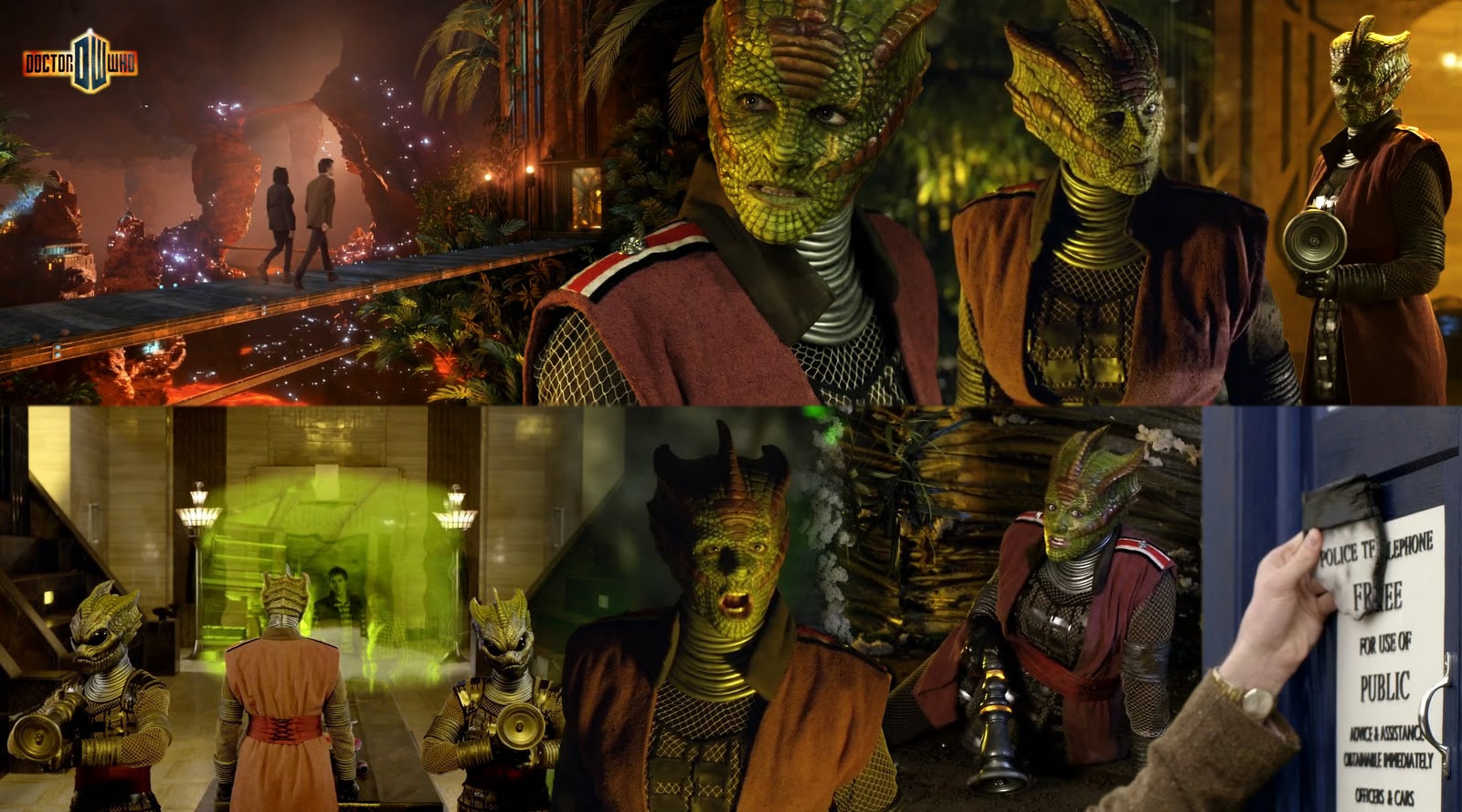









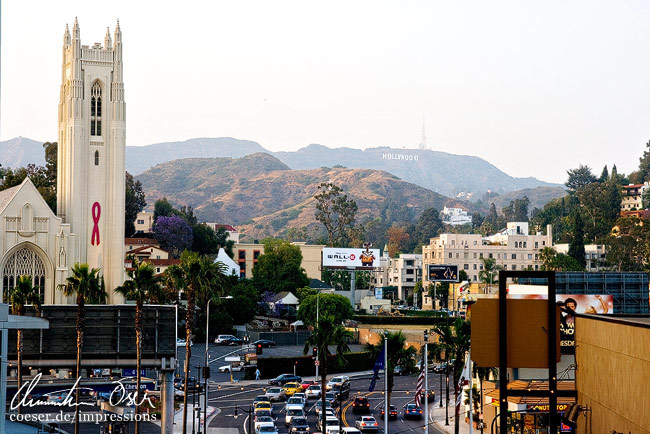
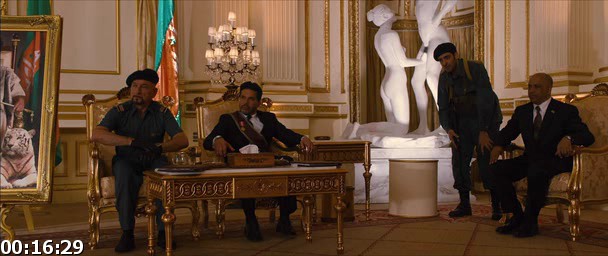








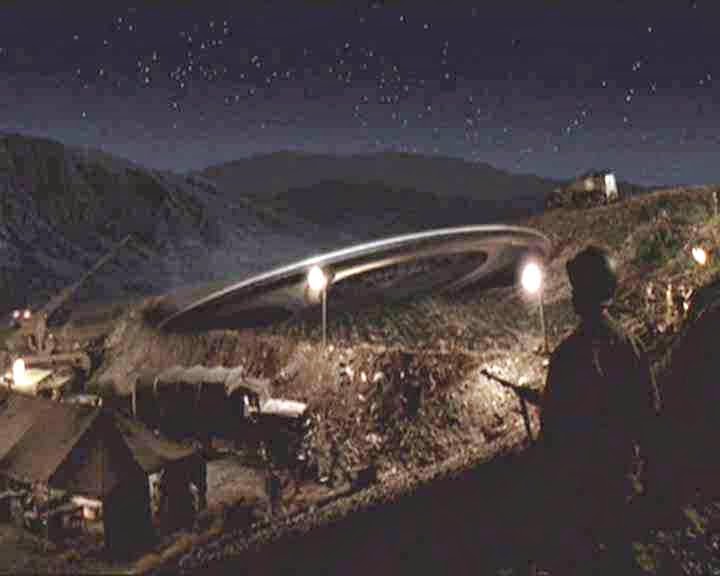
.png)
